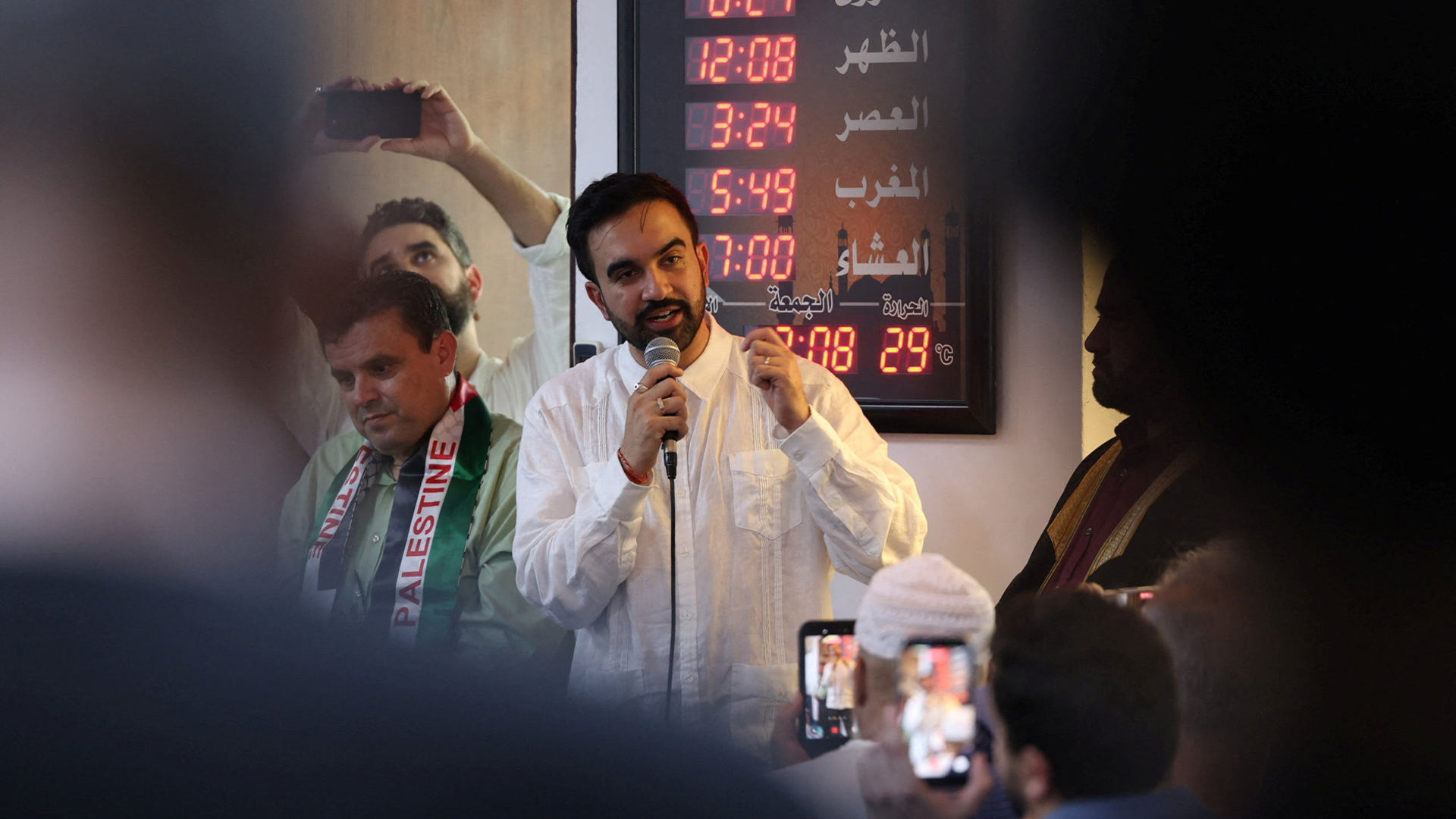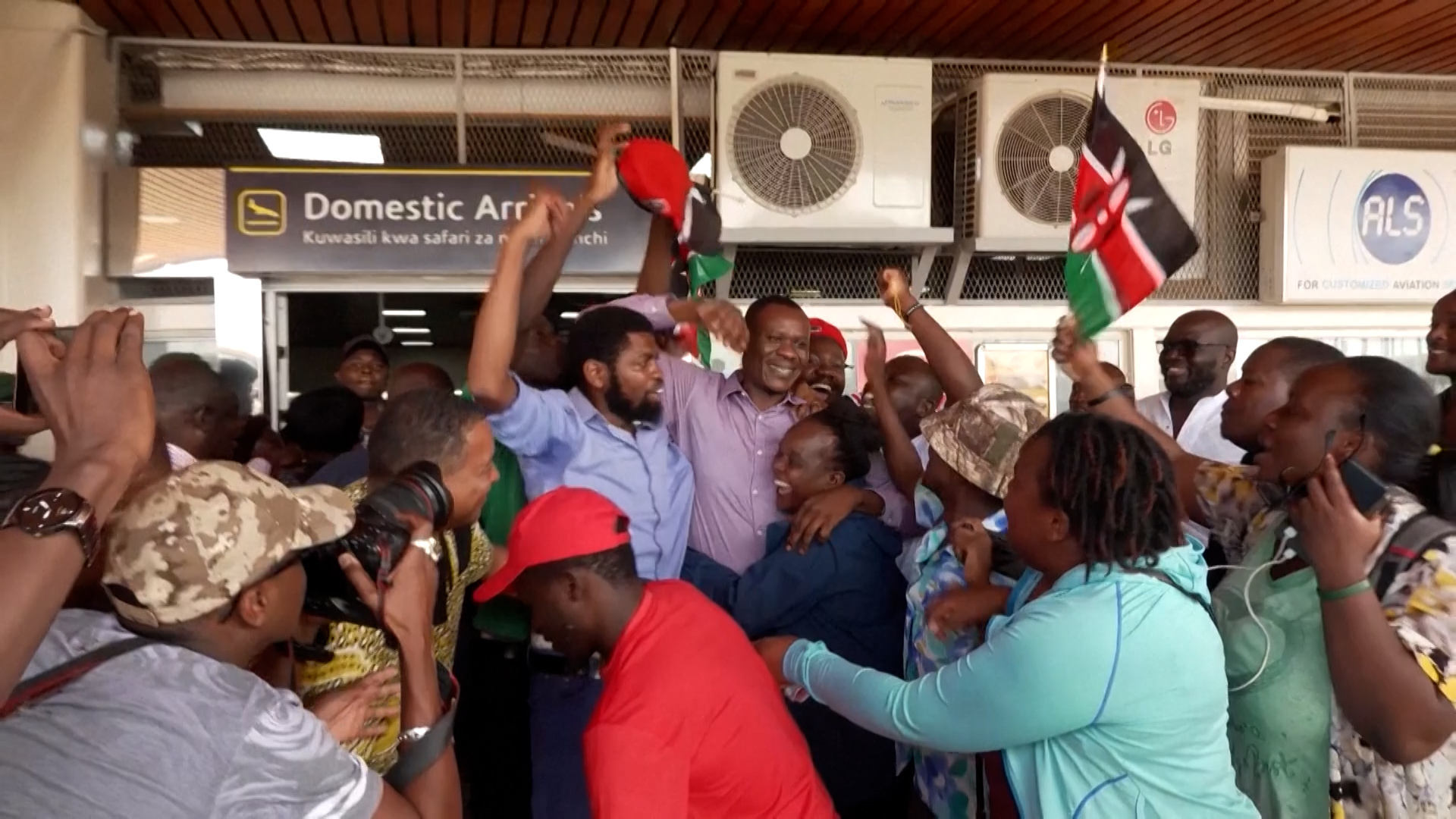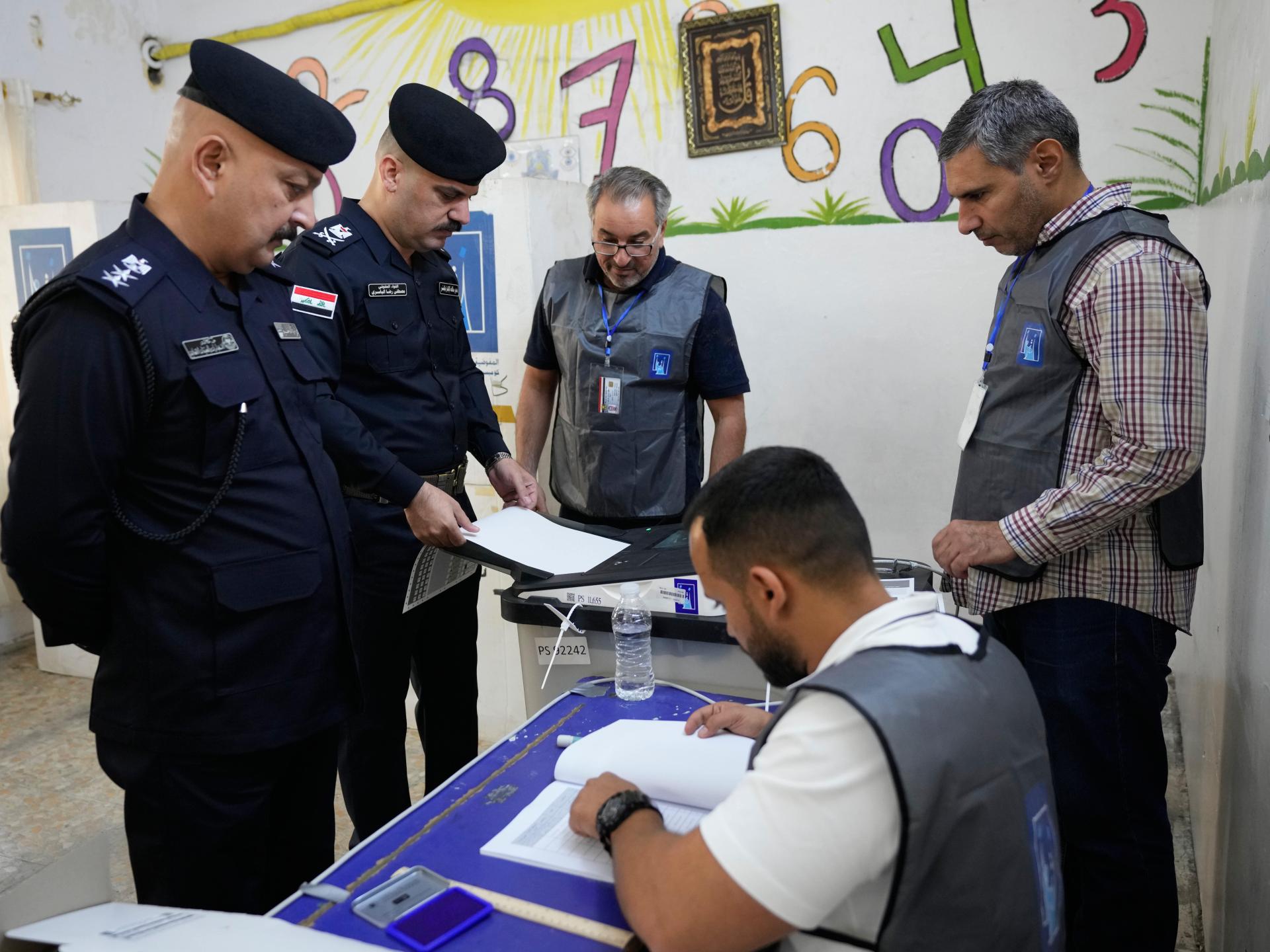One body has been found and dozens of others are missing after a boat carrying about 90 people sank near the Thailand-Malaysia border, officials said.
The Malaysian maritime authority on Sunday said at least 10 survivors were found, while the status of two other boats carrying a similar number of people remains unknown.
Recommended Stories
list of 4 itemsend of list
The incident is believed to have happened near Tarutao Island, just north of the popular Malaysian resort island of Langkawi.
“A boat carrying 90 people is believed to have capsized,” local police chief Adzli Abu Shah told reporters, adding that rescue operations were under way to locate the survivors.
Among the survivors found in the waters were three Myanmar nationals, two Rohingya refugees, and a Bangladeshi man, while the body was that of a Rohingya woman, state media agency Bernama reported, quoting Abu Shah.
The Malaysia-bound people initially boarded a large vessel, but, as they neared the border, they were instructed to transfer onto three smaller boats, each carrying about 100 people, to avoid detection by the authorities, the police chief was quoted as saying.
Reporting from Kuala Lumpur in Malaysia, Al Jazeera’s Rob McBride said a major search and rescue operation was under way.
“The authorities believe that the migrants set off around three days ago from a part of the coast in Myanmar – they are thought to be mainly from the Rohingya minority,” he said.
“This is a well-used maritime route sailing down the coast of Thailand, heading towards Malaysia where they will hope to start a new life, where often they will have relatives and acquaintances who are already here in Malaysia.”
Dangerous crossings
Malaysia is home to millions of migrants and refugees from other parts of Asia – many of them undocumented, working in industries including construction and agriculture.
Members of the mainly Muslim Rohingya minority periodically flee predominantly Buddhist Myanmar, where they are seen as foreign interlopers from South Asia, denied citizenship, and subjected to abuse. Nearly a million Rohingya refugees live in cramped camps across southern Bangladesh.
Myanmar has also been mired in civil war fought between the military and multiple armed opposition groups since a 2021 coup, when the military seized power from the elected government of Nobel Peace Prize laureate Aung San Suu Kyi.
Many of the refugees attempt maritime crossings to relatively affluent regional countries such as Malaysia and Thailand, facilitated by human trafficking syndicates. But the trips often turn hazardous, leading to frequent capsizing.
In one of the worst incidents in December 2021, more than 20 people drowned in several capsizing incidents off the Malaysian coastline.
“According to the authorities, the situation in Myanmar – with the increased instability and also the ongoing civil war – is forcing people to take ever more desperate maritime journeys to try and start a new life,” said McBride.





